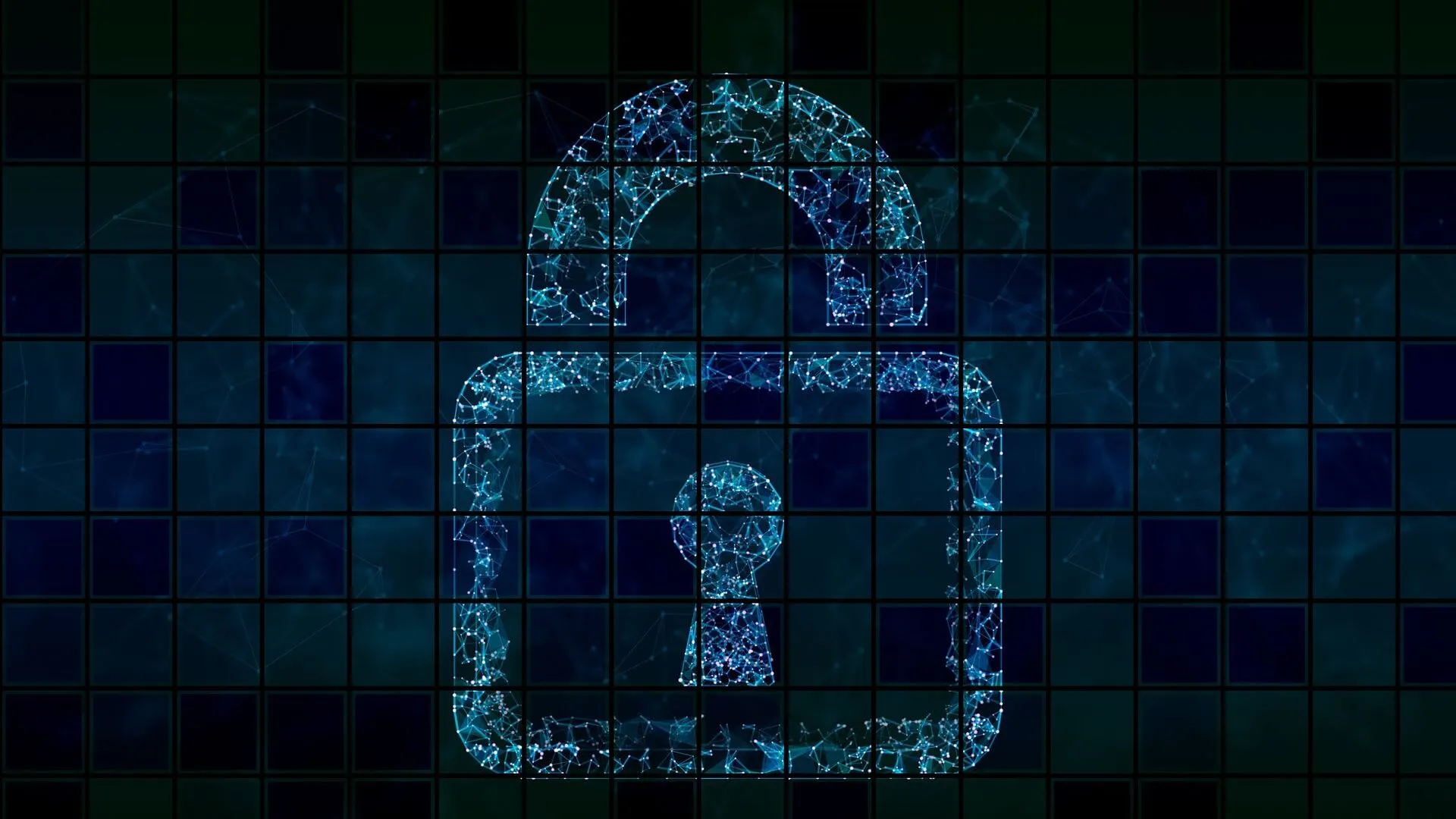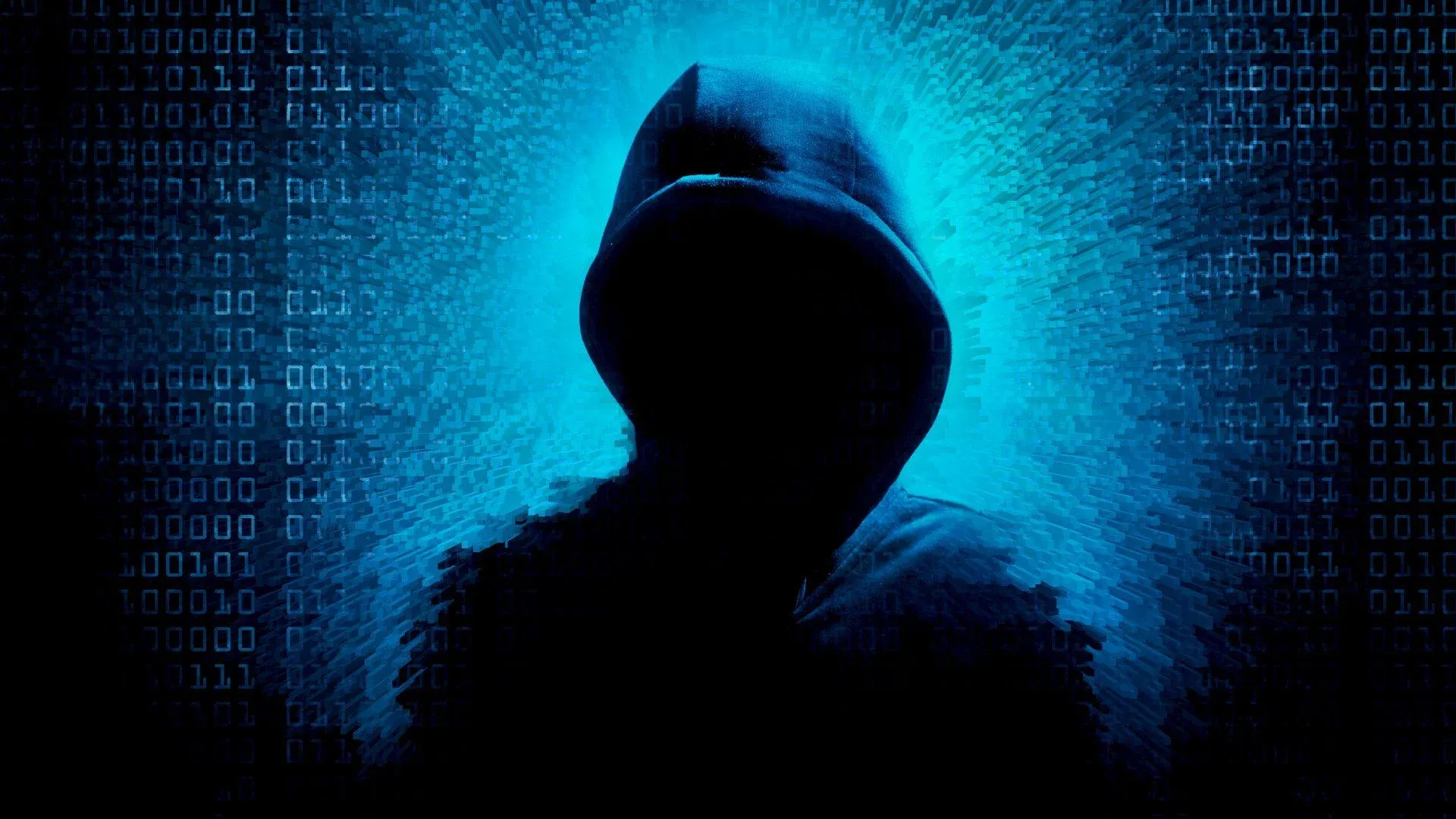The Dark Web's Impact On Personal Privacy In The Digital Age
The Paradox of Privacy: Dark Web as Both Threat and Protector
The dark web presents a unique paradox in the current realm of personal privacy. On one hand, it offers a platform that enables individuals to communicate, browse and transact with a high degree of privacy and anonymity, protecting the personal information of users from surveillance and data collection. On the other hand, the dark web also harbors marketplaces where stolen personal data is bought and sold, potentially compromising the privacy of unsuspecting individuals. The duality the dark web brings highlights the complex relationship between the dark web and personal privacy, forcing us to reconsider our approach to online security and the value we place on our digital identities.

The Rise of Privacy-Focused Technologies
The existence of the dark web has spurred the development of privacy-focused technologies that are now making their way into mainstream use. Encryption tools, anonymous browsing software, and security messaging applications that were once associated primarily with the dark web are now being adopted by privacy-conscious individuals on the surface web. This trend is reshaping how we approach online privacy, with more people taking active steps to protect their personal information. The dark web has, in essence, become a testing ground for privacy technologies that are gradually becoming standard practice in the broader digital landscape.

Shifting Perceptions of Online Anonymity
The dark web has played a great role in changing how the public perceives online anonymity. As awareness of government surveillance and corporate data collection has only grown, a large amount of individuals have begun to view anonymity not as a tool for illegal activities, but as a human right in the current digital age we live in. This large shift in perception has led to a greater demand for privacy-preserving services and has sparked debates about the current balance between security and privacy. The dark web currently serves as a reminder that true personal online anonymity can be achieved, influencing discussions about privacy rights in digital spaces on internet.

The Double-Edged Sword of Data Protection
The dark web offers various tools to help protect the personal data of its users, but it also poses a significant risk to data privacy. Cyber-criminals operating on the dark web will frequency target the personal information of people, leading to data breaches that can have severe consequences on individuals and companies. The dichotomy has caused both companies and people to re-asses their data protection strategy. The threat of personal information ending up on the dark web, where it is virtually impossible to take down, has led to an increased emphasis on cyber-security measures and data minimization practices.

The Future of Digital Identity in Light of the Dark Web
The impact the dark web has on personal privacy is shaping the future of digital identity. As normal forms of online identification becomes increasingly vulnerable to theft and misuse, newer models of identity verification is emerging. Concepts like self-sovereign identity, giving individuals control over their digital identities without relying on centralized authorities, are gaining traction. Developments for this technology are, in part, a response to the privacy challenges highlighted by the dark web, pointing towards a future where personal privacy and robust digital identity can coexist. The dark web has a profound and multifaceted impact on the privacy of both individuals and organizations. While it presents significant risks, it has also driven innovation in privacy technologies that has shifted public perception about the importance of online anonymity.

14th September 2024